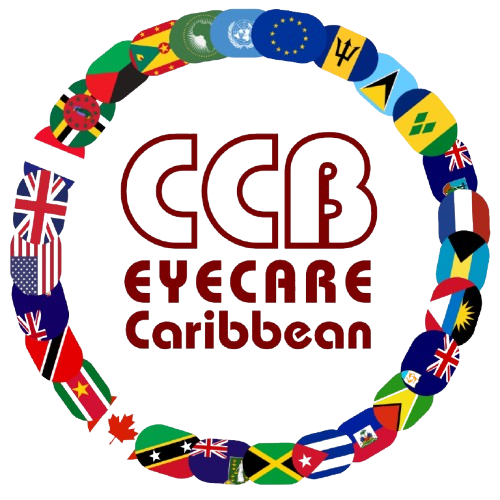On the second day, we hit the ground running from the get go, as the morning opened with a discussion on the values that guide individual’s decision-making in leadership. Further discussions on these issues surrounded leadership versus authority and styles of leadership, where participants were introduced to seven (7) different leadership styles, including: coercive, authoritative, affiliative, passive, democratic, coaching, continuous/adaptive management, etc. Some of the advantages and disadvantages of each style were also examined briefly, after which, participants were given group and individual activities to complete regarding their own leadership approach.
A point highlighted by the Facilitator was the fact that leadership has two basic aspects: the technical – technical knowledge and skills; as well as the emotional -having the capacity to make the difficult decisions. The Facilitator emphasized the emotional as the more important of the two aspects, although traditionally the aspect to which less emphasis has been given. He also went on to share some factors determining the effective handling of the emotional aspect, including self-awareness, self-regulation, empathy, motivation, etc.
The latter part of the day was devoted to examining aspects of career development and how to properly construct a resume. Concerning the issue of career development, Delegates were asked to examine their goals in this regard – what these goals are; how they would go about achieving them; how far they were in achieving them; and what are some possible road blocks to their achievement.
The Facilitator introduced the session on how to properly construct a resume by pointing out that the primary purpose of the resume and cover letter are to market an individual, and the fact that a properly formulated cover letter and resume are critical as they are the individual’s first opportunity to impress the potential Employer (“first impressions last”). He also emphasized that a resume should be characterized by the following:
1. It should be as concise as possible
2. It should be tailored according to each job requirement
3. It should contain critical contact and biographical information which should include the following four sections:
a. A summary statement of who you think you are
b. A list of your more prominent attributes
c. An outline of your education and qualification and
d. Past and present employment experience and achievements.
A resume should also include any noteworthy awards, co-curricular activities, and special interests. Contrary to the norm in some circles, Delegates were told that the stating of a career objective and the provision of references are not always critical, but should be provided if requested.
Delegates were then given individual assignments to chart their life course for the next two and five years.
In light of Mr. Grant’s early departure from the Workshop proceedings (Wednesday July 28th, 2010), the second day closed with him being asked to leave some last words with the Delegates, resulting in his proposal of the following:
1. The development of an acronym to describe the Group
2. The selection of three persons to keep the group together and functioning effectively
3. The setting up of an E-Group with the e-mail addresses of all the persons involved
4. The writing of a report on the Workshop and,
5. The implementation of a Workshop of a similar nature in each country represented.
In addition to the Workshop activities, female Delegates met with Senator Kerryann Ifill, a lady with a visual impairment who currently serves in the Senate of Barbados as the Deputy President of the Senate; as well as, there was morning exercise involving two Delegates and two Facilitators.
Day 3: Wednesday, July 28th, 2010
